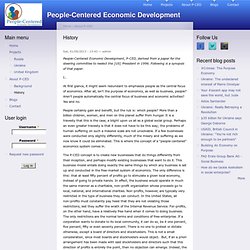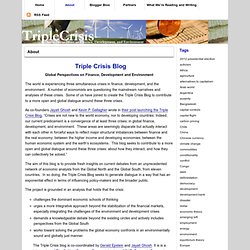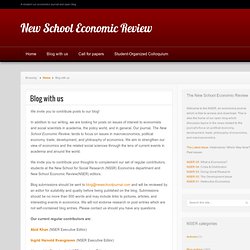

La vie des idées. The shadowy world of IPA finances - The Drum Opinion. Find More Stories The shadowy world of IPA finances Clive Hamilton Last week's revelations about the Heartland Institute, probably the most important climate science denying organisation in the United States, raise some questions about the murky influence of think tanks on the climate debate in this country. Confidential documents from the Heartland Institute reveal how wealthy individuals have actively promoted the campaign to attack the credibility of the world's top climate scientists and create the impression that there is a controversy about the main propositions of global warming science. In fact the bulk of Heartland's climate science denial campaign - which includes plans to promote anti-science in schools - has been funded by one donor, whose name did not appear in the purloined documents. There is a direct Australian link in the Heartland Institute files.
The IPA is notoriously secretive about its sources of funding. Email Share x del.icio.us Digg Kwoff StumbleUpon.
Lowy Institute. New Economics NEF. Australia Institute. Davos - WEF. Intro to Austrian Economics. People-Centered Economic Development : History. People-Centered Economic Development, P-CED, derived from a paper for the steering committee to reelect the [US] President in 1996.

Following is a synopsis of that paper. At first glance, it might seem redundant to emphasize people as the central focus of economics. After all, isn't the purpose of economics, as well as business, people? Aren't people automatically the central focus of business and economic activities? Yes and no. People certainly gain and benefit, but the rub is: which people? The P-CED concept is to create new businesses that do things differently from their inception, and perhaps modify existing businesses that want to do it. How can such a thing work? We are at the very beginning of a new type of society and civilization, the Information Age. This is a tricky question. Listen: these people are not going to go quietly into the night. A primary impetus for the P-CED project was the opportunity to pitch the idea at the very top--i.e.., to the White House.
Terry Hallman. Project Syndicate - A World of Ideas. Welcome to the Other Canon. Post-Autistic Economics Network and Post-Autistic Economics Revi. Post-Autistic Economics Network and Post-Autistic Economics Revi. About. Global Perspectives on Finance, Development and Environment The world is experiencing three simultaneous crises in finance, development, and the environment.

A number of economists are questioning the mainstream narratives and analyses of these crises. Some of us have joined to create the Triple Crisis Blog to contribute to a more open and global dialogue around these three crises. As co-founders Jayati Ghosh and Kevin P. Gallagher wrote in their post launching the Triple Crisis Blog, “Crises are not new to the world economy, nor to developing countries. The aim of this blog is to provide fresh insights on current debates from an unprecedented network of economic analysts from the Global North and the Global South, from eleven countries. The project is grounded in an analysis that holds that the crisis: The Triple Crisis blog is co-coordinated by Gerald Epstein and Jayati Ghosh. Home. New School Economic Review » Blog with us. We invite you to contribute posts to our blog!

In addition to our writing, we are looking for posts on issues of interest to economists and social scientists in academia, the policy world, and in general. Our journal, The New School Economic Review, tends to focus on issues in macroeconomics, political economy, trade, development, and philosophy of economics. We aim to strengthen our view of economics and the related social sciences through the lens of current events in academia and around the world.
We invite you to contribute your thoughts to complement our set of regular contributors, students at the New School for Social Research (NSSR) Economics department and New School Economic Review(NSER) editors. Blog submissions should be sent to blog@newschooljournal.com and will be reviewed by an editor for suitability and quality before being published on the blog. Our current regular contributors are: Abid Khan (NSER Executive Editor) Ingrid Harvold Kvangraven (NSER Executive Editor)